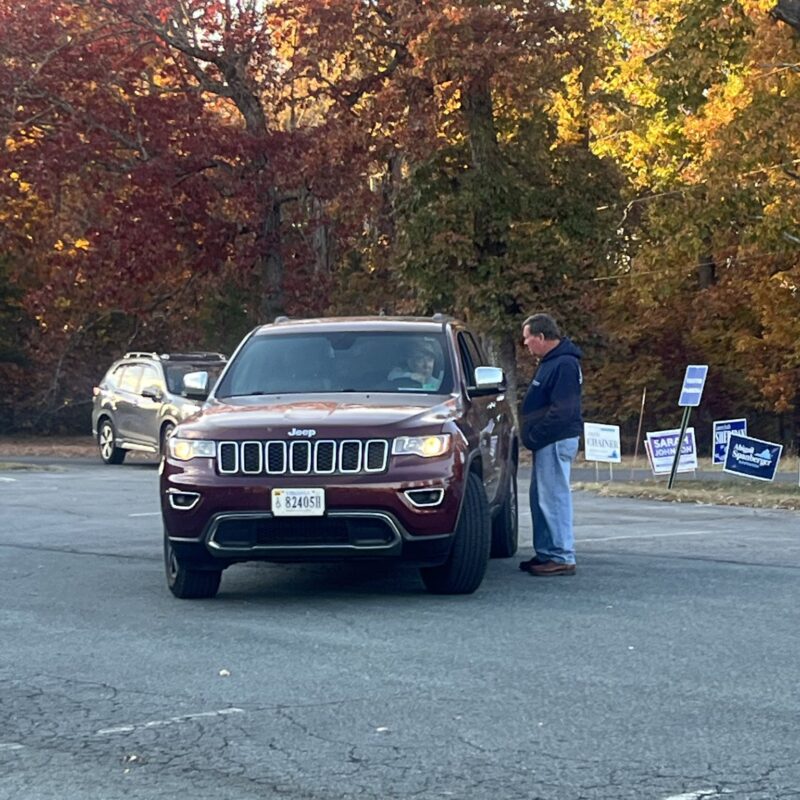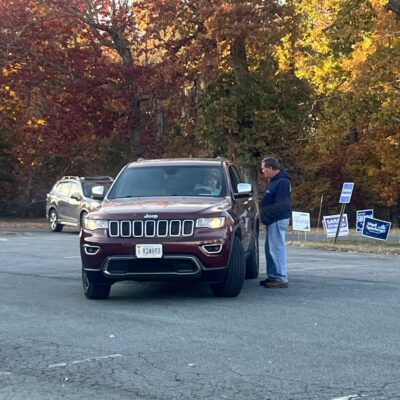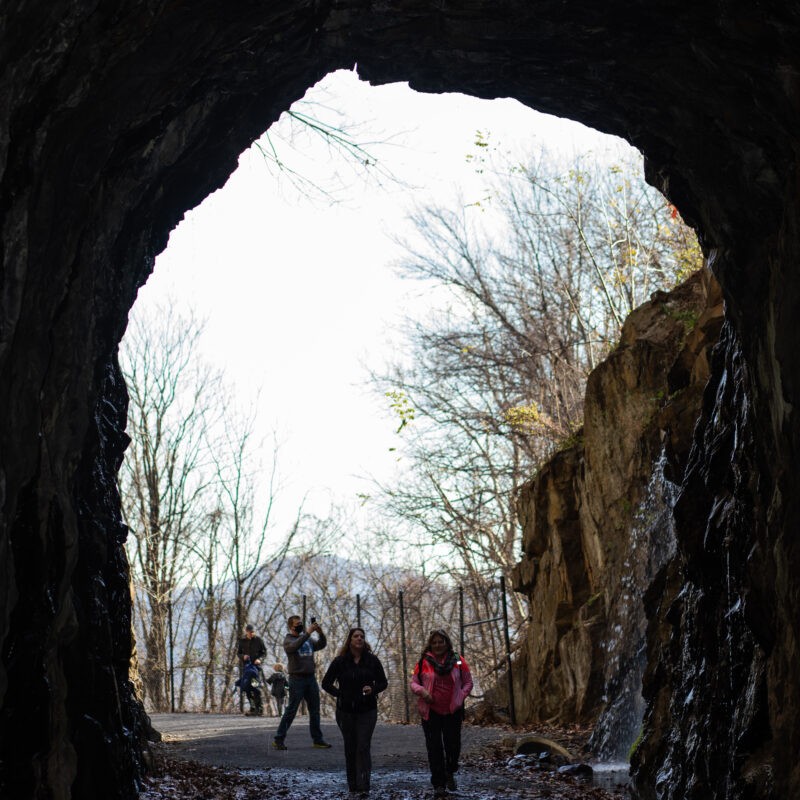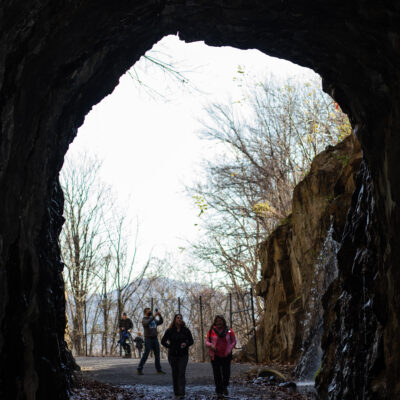On March 7, Virginia’s legislature passed the Conference Substitute to House Bill No. 1537, which will allow localities to control the placement of their war memorials. In other words, our city will soon be allowed to remove the statues of Confederate generals from our parks.
After the violence of Unite the Right in August 2017, cities like Durham and Baltimore took down Confederate statues almost immediately. But because of Virginia’s war memorials rule, Charlottesville has had to wait.
Don’t bust out the blow torches just yet, though. The bill lays out a few provisions for the removal of these monuments. Here are the steps the city will have to take:
1. Publish a notice in a local newspaper advertising the city’s desire to “remove, relocate, contextualize, or cover the monument.”
2. Hold a public hearing, at least 30 days after the newspaper advertisement, where “interested persons may present their views.”
3. Upon completion of that public hearing, at least three of five city councilors will have to vote to move the monument.
4. After the vote, the city will have to offer the monument to a “museum, historical society, government, or military battlefield” for 30 days.
5. Finally, the City Council will have “sole authority to determine the final disposition of the monument or memorial.”
A Senate version of the bill would have forced localities to jump through a number of additional hoops, but many of those requirements, like a historical review led by a state agency, were removed in the final version, which passed the House 52-43. In the Senate, Republicans Bryce Reeves (who represents parts of Charlottesville and Albemarle County) and Emmett Hanger joined the body’s 21 Democrats in voting in favor.
Governor Ralph Northam has expressed support for the bill. If he signs it, the new law will go into effect July 1, and the above process can begin. Market Street Park could look very different as soon as this fall.
That doesn’t mean we’ll be celebrating in the streets. On Saturday, members of the Blue Ribbon Commission, the group that produced a 2016 report highlighting the problems with the statues, convened at a Central Library panel to discuss next steps.
“In my opinion, it would be prudent to not schedule” the statue’s removal ahead of time, said Don Gathers, former chair of the commission. Gathers said he expects blowback, and thinks it would be safest to quietly take the statue down in the middle of the night, so that “when folks wake up in the morning, it’s a new skyline to the city.” (Baltimore and New Orleans successfully used this strategy in removing Confederate statues in 2017.)
UVA history professor John Mason, another commission member, said it’s important to consider where the statues go. “We don’t want these statues to become pilgrimage sites somewhere else,” he noted.
Delegate Sally Hudson joined the panel on a video call, and Gathers praised her efforts to push the bill along in Richmond. “We love you, and we thank you for all your hard work, and as a community we’re truly blessed to have you,” Gathers said.
Hudson, in turn, reminded the room of the commission’s work. “We all owe them so much,” she said.
“It is a, dare I say, monumental moment,” Gathers said. “It’s really important that we understand it doesn’t stop here.”
Sex, drugs, and voter ID laws
Statues aside, Virginia’s legislature passed dozens of transformative bills during this session, which wrapped up on March 8. The following selection of new laws will help the Old Dominion lurch into the present.
Virginians will once again be allowed to purchase only one handgun gun per month, a prohibition that was repealed in 2012. That’s just one of many new basic gun safety measures, such as mandatory background checks, which passed. (An assault weapons ban was defeated after four Senate Democrats, including local representative Creigh Deeds, broke ranks to block the bill from advancing out of committee.)
Insurance companies will be forced to charge patients no more than $50 per month for insulin, which people with Type 1 diabetes rely on to survive and which can cost as much as $1,200 per month. Virginia is the third state to pass such legislation, and the new price cap is the lowest in the country.
Sports gambling will soon be legal, and five cities, including Richmond, were given a green light to hold referendums on whether or not to build casinos. Betting on Virginia college sports teams will still be illegal.
Those convicted of a drug-related felony will become eligible to receive food stamps. Current law requires those with drug felonies to pass drug screenings in order to receive benefits.
Marijuana will be decriminalized, meaning possession of the drug will be treated like a traffic ticket, and result in a $25 fine, rather than an arrest.
The minimum wage will gradually increase, jumping from $7.25 to $9.50 an hour on January 1, and eventually reaching $12 an hour by 2023. The slow increase falls short of the $15 an hour that many advocacy groups have called for.
Virginians will no longer be required to show photo ID to vote, a restriction that was implemented in 2013. Any government document with the voter’s name and address will once again be sufficient identification.
The legislature also repealed old laws banning swearing and fornication that had long remained on the books, despite rarely being enforced. Fuck yeah!





